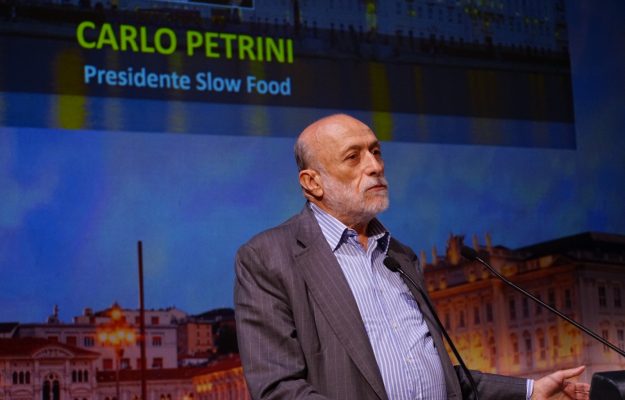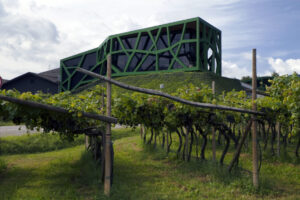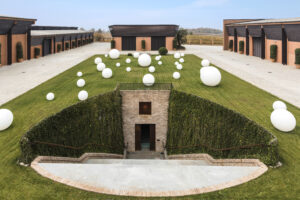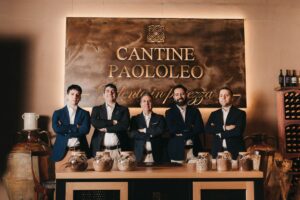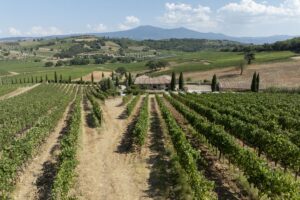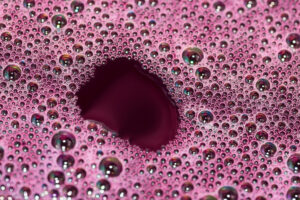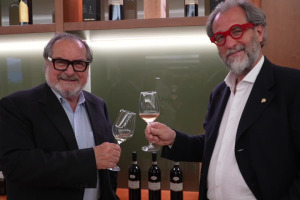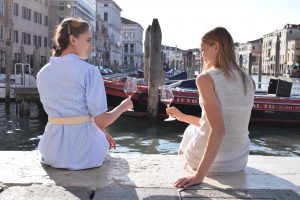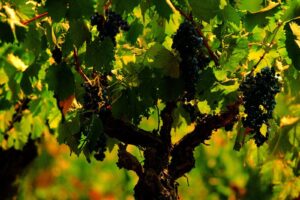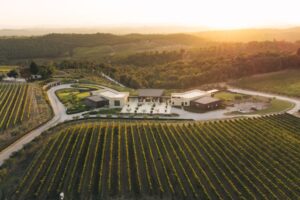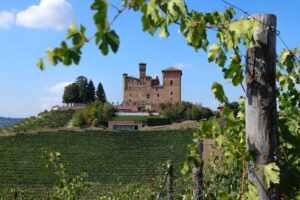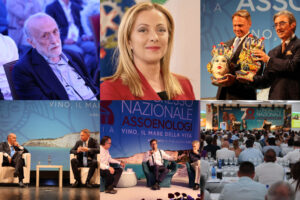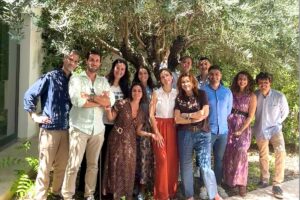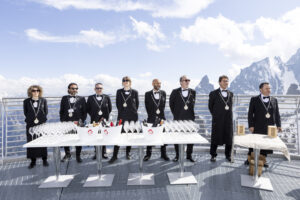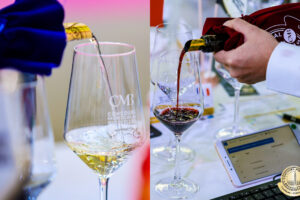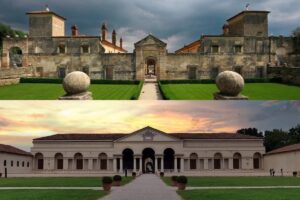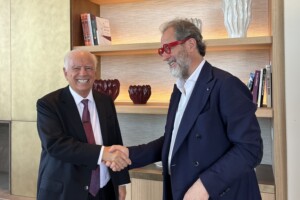Culture is an essential condition for the growth of a sector, and, therefore, for the Italian food industry, which will be capable of guaranteeing a future only through learning to understand, defend and protect its own unique features and roots. Carlo Petrini, founder of Slow Food, stunned the wine world gathered at the 73rd Assoenologi Conference in Trieste, by bringing the attention to issues that will become central to public debates in the next few years, and clearly, in the daily life of an entire generation, the Millennials.
“Going against the trend must also be considered from the young peoples’ point of view. I live and work in the context of a small university that counts 600 students coming from 60 different countries, who all have an extraordinary passion for wine. A year ago, we opened a wine shop of natural wines, and it has been a huge success, which was not all that surprising, because it was the culmination of an increasingly evident trend. A trend must be intercepted at the beginning of a path and not at the end, and sustainability is one of these. We must keep in mind”, explained Petrini, “that it is not an element that has a commercial value attached, but rather a need, dictated also by climate change, which determines huge processes, such as migration. Just think of the farmers in sub-Saharan Africa escaping from territories that are now impossible to cultivate. This is a dramatic problem, as they are forced to move many crops north, but it is not a possibility open to everyone”.
In this perspective, continued Petrini, food and wine plays a fundamental role and “in a certain fashion it has a holistic dimension, in which everything is included: environment, health, biodiversity, culture, history, anthropology and identity. This is the vision we must have; otherwise, we will not be able to understand the times ahead of us. And, the wine world, which is the spearhead of this world, must understand that evolution will be radical, even in respect to the future of agriculture. July 25th will be a crucial moment”, said the president of Slow Food, “as the European Union Court will give its opinion on biotechnologies, the expression of a millenarian practice like mutagenesis, or hybridization, which once took decades, while today take only a few years, if not just a few months. We are not talking about transgenesis, but about bringing a benefit to the agricultural world through which we will be able to respond to climate change and to the use of chemistry, in a revolutionary process that all of us will carry forward.
We need to be well aware of what is happening, because a whole new agriculture will be born, and we must not have an antiquated vision, even though we are against transgenesis”.
However, Petrini warned, to be a real revolution it has to be for everyone. “Let's go slowly using these technologies, and make them advantageous to the common good, a new reality, the heritage for everyone and biodiversity at the service of our heritage. No one is going to patent them and make them private property; Mother Nature is a good that belongs to everyone. It is not fair to small producers and artisans to have to deal with a positive manipulation that they instead are not able to use. In this context, I quote Luigi Einaudi, who was very clear on the question of patents. It is not possible to patent a living element; it is right to recognize the value of research, supporting and paying for it, but that which is natural is the common good”.
Sensitivity towards these topics is growing exponentially, especially when it comes to sustainability, “but many interpret this concept from an economic point of view, and that is not the point. Consumerism as we know it today, in fact, is not sustainable, the planet does not have infinite resources. In environmental terms, in May we had exhausted the ecological footprint; that is, what we consume. Catastrophe is around the corner, and young people know it. The 18-20 year olds today”, Carlo Petrini warned, “know quite well that this is will be the central issue for the next 50 years, and to witness all of this without moving a finger is irresponsible. There are a thousand practices that we are doing wrong, like the excessive use of plastic – our entire nation is made of plastic that floating on the oceans, and we are even eating it. How can a young person not reflect on such a disaster? These are issues destined to become our main focus. The need for sustainability is a verdict that will make us free and different, in harmony with universe and the new generations”.
The young fans of natural wines say, “winemakers are not very well loved, and I think they are wrong. On the other hand, winemakers must learn to communicate their cultural vision. We talk a lot about markets and wine tourism, but what is really missing is the pride for one's culture, in general, from wine to music, literature and landscapes. How is it possible that a Tuscan producer does not know about the Renaissance? Until we can all understand what is behind a dish and a product, we will not make progress. A country cannot grow without culture behind it. It is unfortunate that the accent always falls on the commercial aspects. We must take the cultural thread and link it to work even the winemaker’s; otherwise, nothing will happen. Take, for instance, the Chinese market. If we think we can conquer it using only the sensory characteristics of our wines, we have not fully grasped the point. We must stimulate curiosity for Italy and for its treasures. They are our first commercial power, but what we have not realized in this long growth process”, Petrini said, “is that the rural dimension has been destroyed, by polluting and urbanizing every single corner of a country that boasted an amazing rural culture.
Today, however, it seems people have realized this error, and want to return to the environment, to quality, and here Italy really has a lot to tell about itself. I met the Chinese Minister of the Environment, and we talked about theh rural world and the need to rebuild it. The countryside could be a life style option, based on technology, direct sales, sociality, and once again, culture. In 2025, there will be 1.000 Slow Food villages in China. We have sold a well-defined idea to the Chinese that would be excellent here, too. Italy is full of villages that are being abandoned, the parish priests are leaving, the post offices and shops closing down and they are becoming dormitories, because today the only thing we think about is selling, not rebuilding. When we lose these villages, Made in Italy will be over with, because they make the culture and without them most of Made in Italy would make no sense. This is what is missing, not good wines, those are already there, no matter how you make them, natural or not. Rebirth”, the founder of Slow Food reassured, “must start with us, we must be informed, study, know what we are eating and drinking, and we must invest in culture, especially because those who make wine pay low taxes, so it is a good thing that they reinvest in the territories”. Culture and commercial aspects, in this sense, are the two columns on which the future of Italian wine rests, or rather, “quoting Plato, in ancient Greece the plow was pulled by two horses and to make sure the groove was straight, which is more productive, it is necessary that the two horses go at the same speed, in harmony. The first horse, in this metaphor, is the ability to use technology, product and commerce. The second is the ability to have vision and culture. I wish the world of winemakers the ability to use their horses well. After all”, concluded Carlo Petrini, “winemakers have existed since wine has existed. At one time you winemakers were doctors, and wine was part of the medicine, then you were pharmacists and for many years you were at the service of princes and gentlemen who wanted the best wine, today princes and gentlemen have changed, while instead many of you have redeemed a farmer reality through the dimension of winemaking, which has liberated you. You must now be part of the cultural one, fighting on the front line”.
Copyright © 2000/2025
Contatti: info@winenews.it
Seguici anche su Twitter: @WineNewsIt
Seguici anche su Facebook: @winenewsit
Questo articolo è tratto dall'archivio di WineNews - Tutti i diritti riservati - Copyright © 2000/2025










